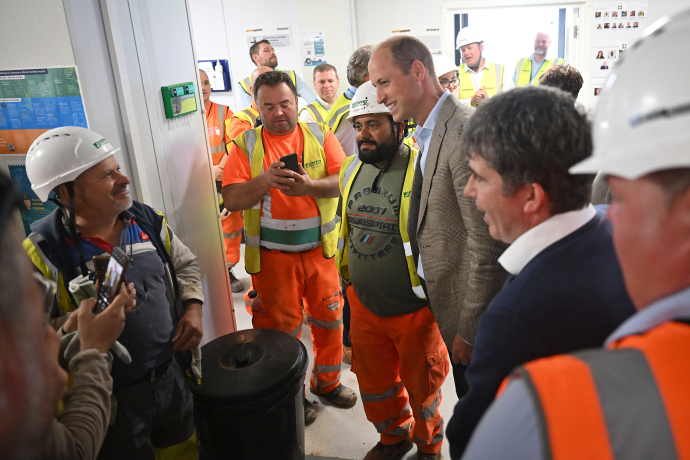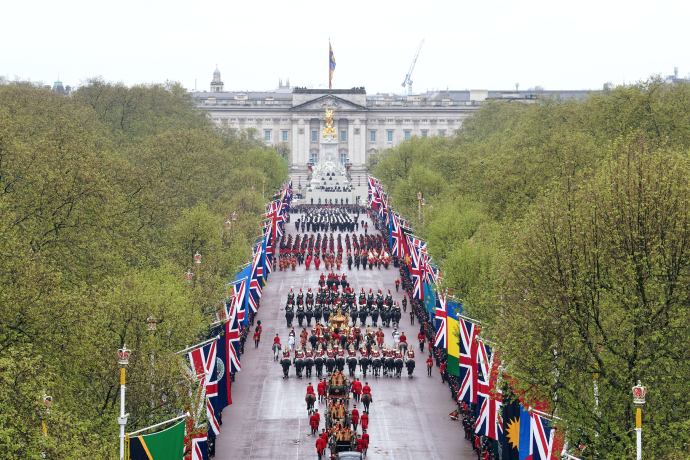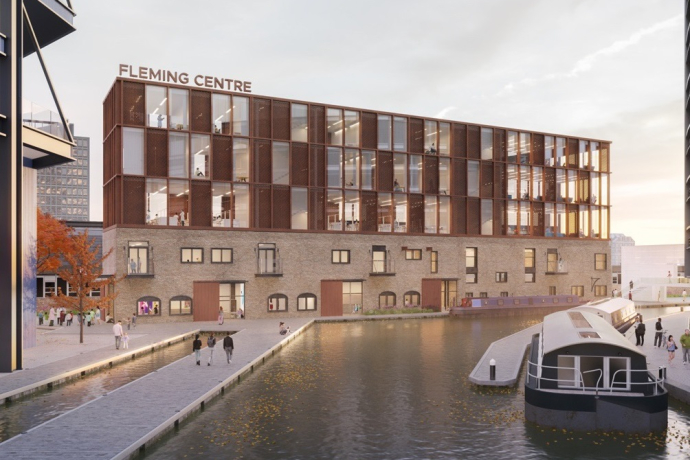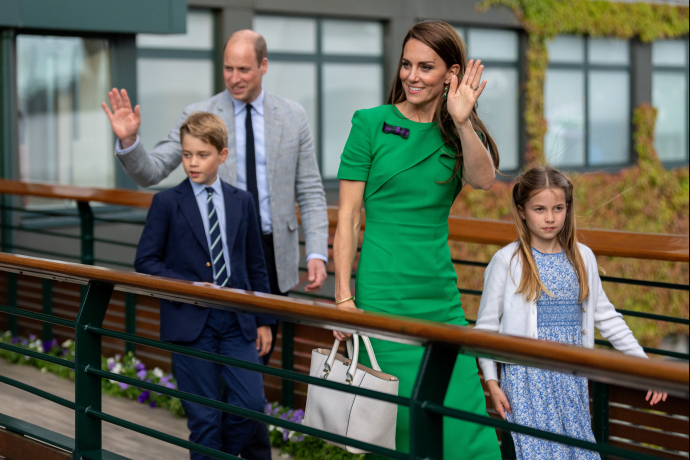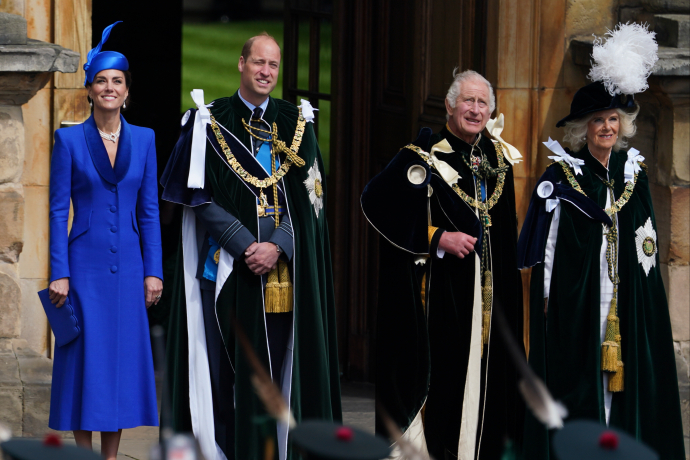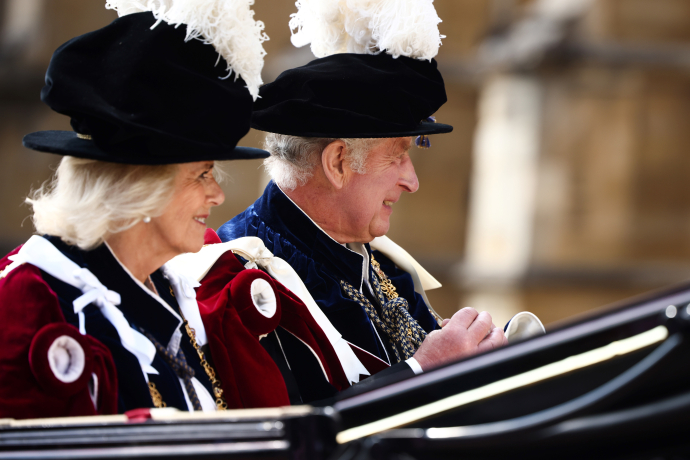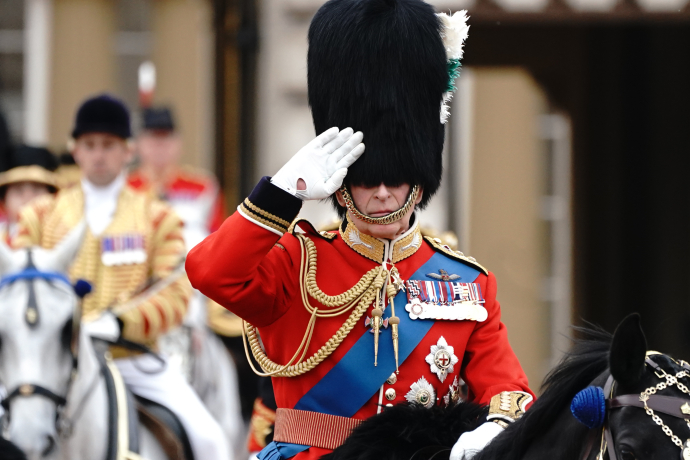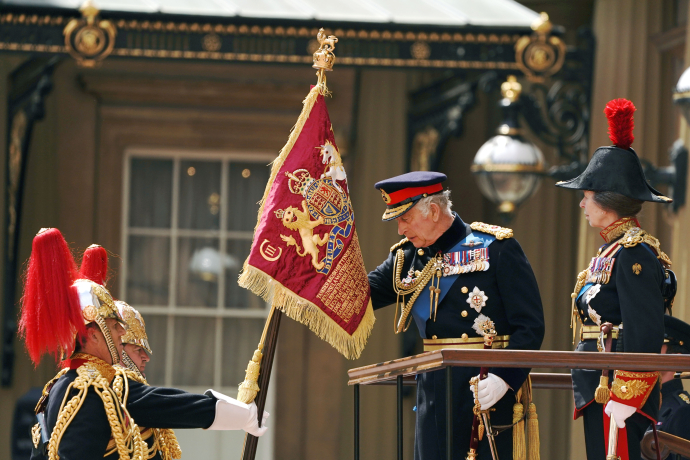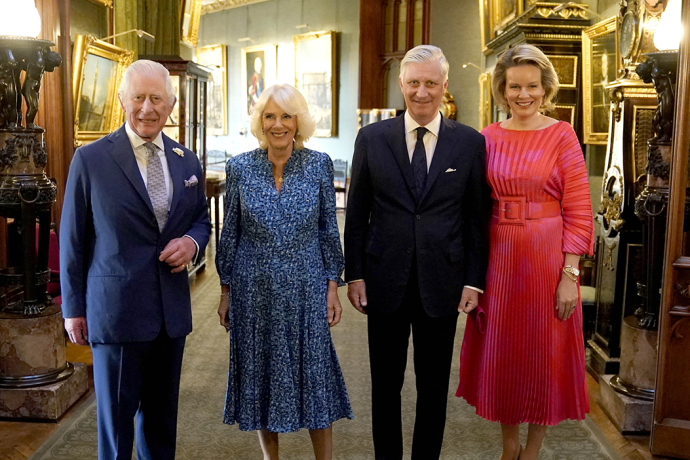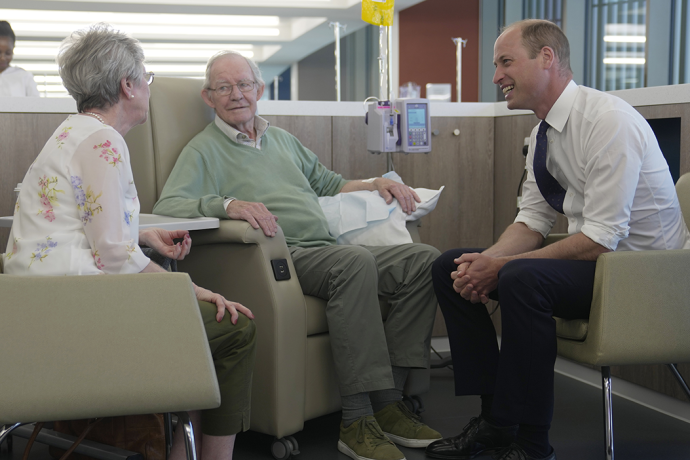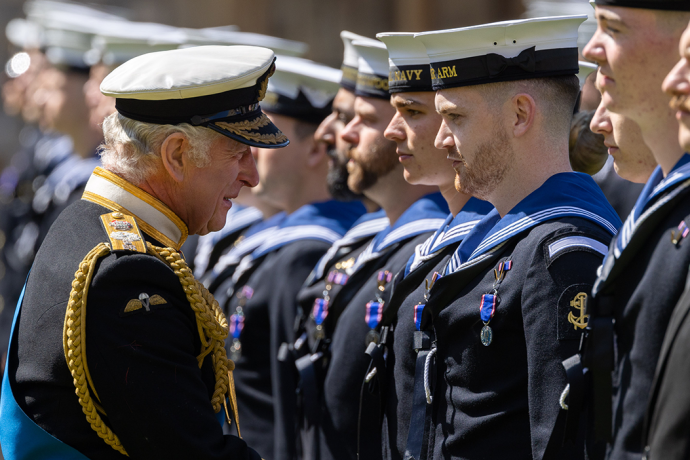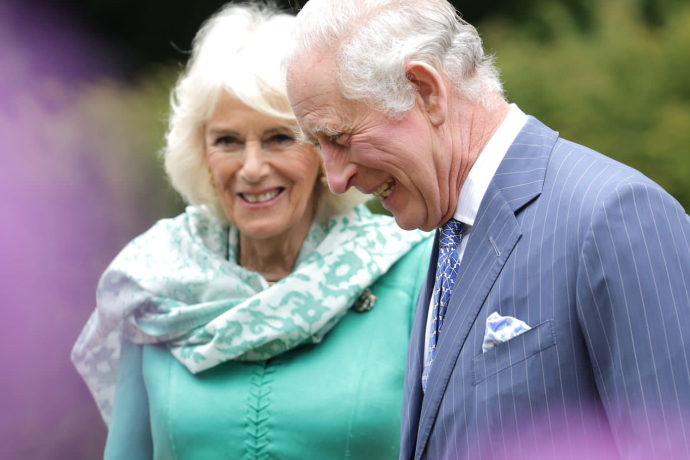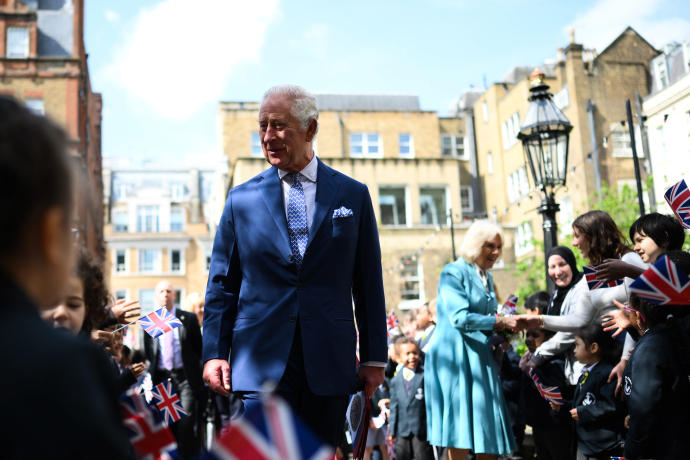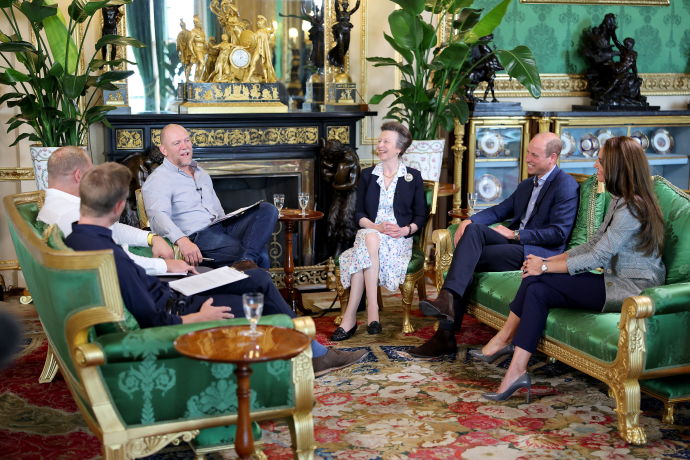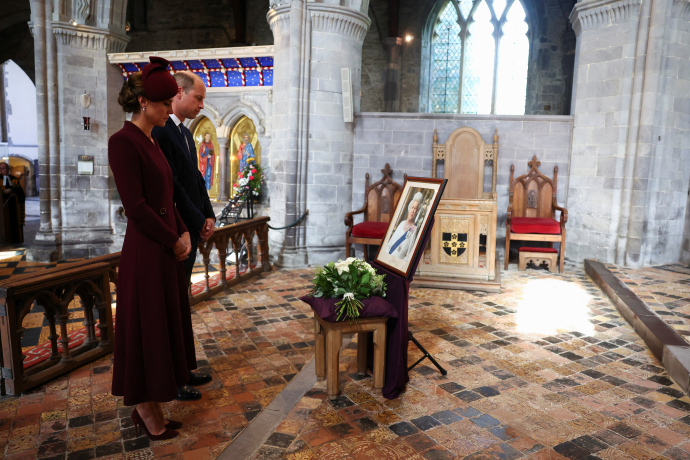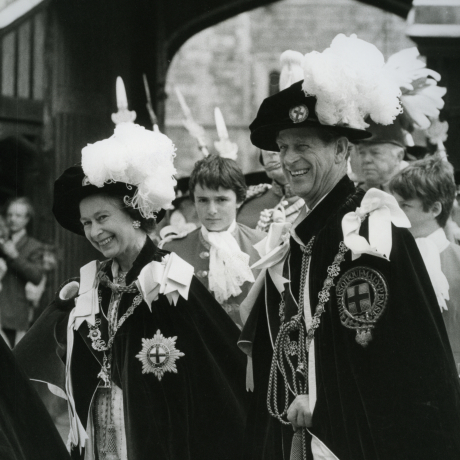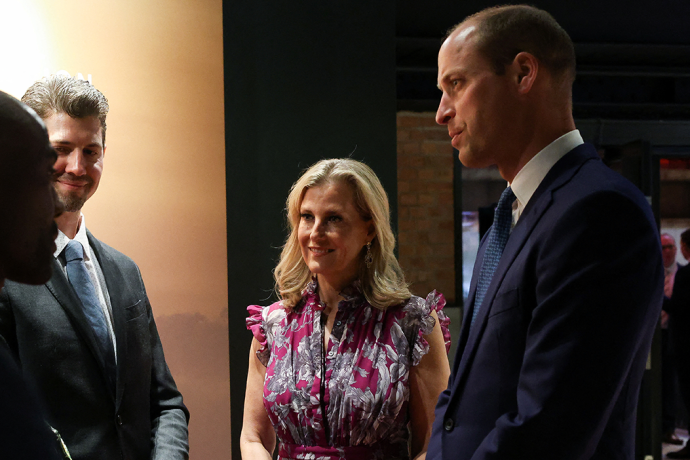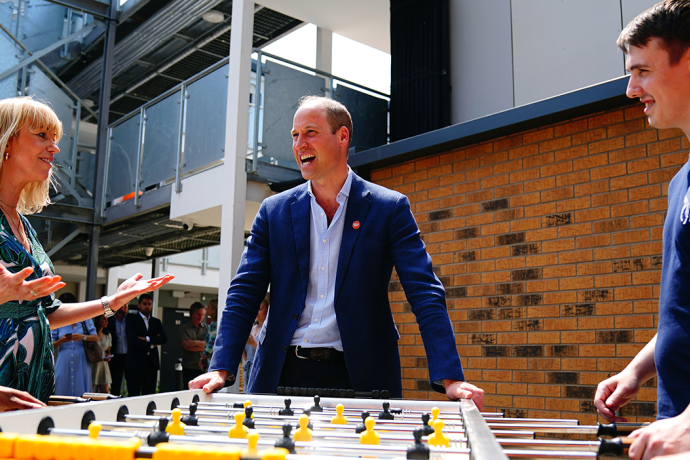A speech by The Duke of Cambridge at the Battle of Amiens Centenary Commemorations
Published
Amiens was symbolic of the entente cordiale, the co-operation without which victory was impossible.
I am delighted to join you all today to mark this important centenary in this historic Cathedral of Amiens.
From the very start of the First World War, Amiens found itself at the heart of the conflict. For most of the war, it was just behind the Allied front lines, and military personnel soon became a familiar sight on its streets, around its shops, cafés and hotels. For thousands of servicemen, it became a home away from home.
Above all, Amiens was a city of connections. Its railway line was a vital link between Paris and the north. Here, the armies of France and the British Empire came together. It connected the Allies.
During the defence of the city against the great German offensive in April 1918, shelling and bombing destroyed many of the buildings here. Thankfully, this great cathedral was spared significant damage.
In the summer of 1918, this was the springboard for the Allies’ offensive which would eventually lead to victory on the Western Front. After French, American and British forces had turned the tide against the Germans in the Second Battle of the Marne, the scene was set for a truly co-ordinated Allied effort to strike back.
What began here on 8 August was truly a coalition operation under the strategic command of a great Frenchman, Marshal Foch; a battle in which the forces of many nations came together to fight; in which aerial, mechanical and human courage and ingenuity combined with devastating results.
Amiens was symbolic of the entente cordiale, the co-operation without which victory was impossible. It is entirely fitting therefore, that today, that same international coalition has returned to Amiens with our former enemy, in peace and partnership.
It is fitting too that we come together here, in this magnificent Cathedral, which has such a profound connection to all those that served. After the war, a commemorative tablet was installed here by the Imperial War Graves Commission, ‘In sacred memory of six hundred thousand men of the armies of Great Britain and Ireland who fell in France and Belgium during the Great War.’ Memorial Tablets were subsequently installed by other nations to honour their fallen. And the Chapel of the Allies, where today we will renew the bonds forged during the War, is a lasting testament to the continuing relationship between those who served here a hundred years ago and the people of Amiens.
Today we return to learn more about the experience of those involved during the historic summer of 1918, to honour the fallen of all nations, to commemorate all those who participated in this great endeavour, and to celebrate the bonds of friendship which unite our nations.
Related content

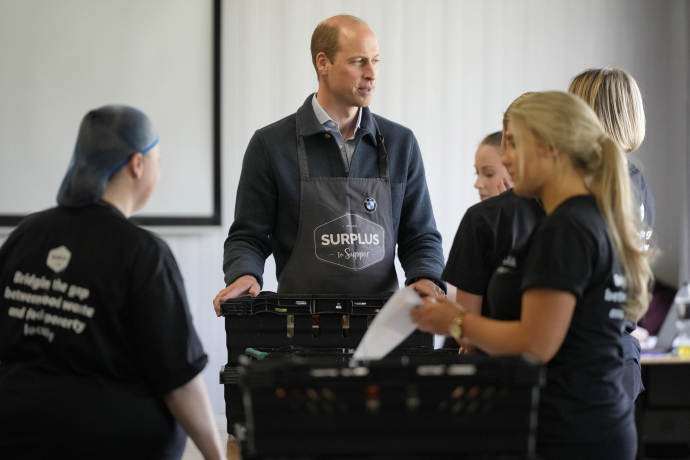





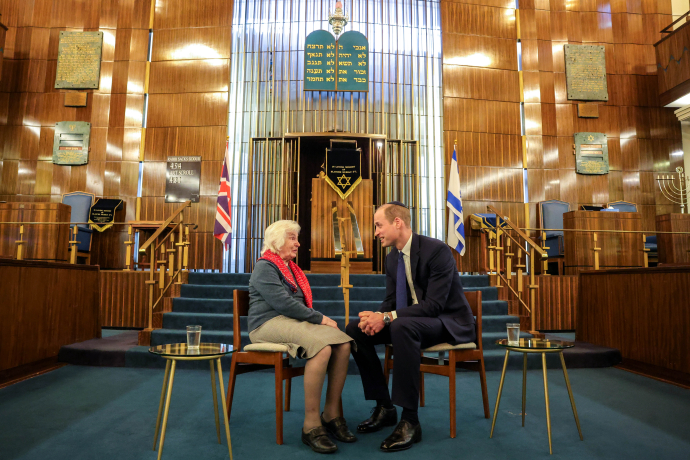


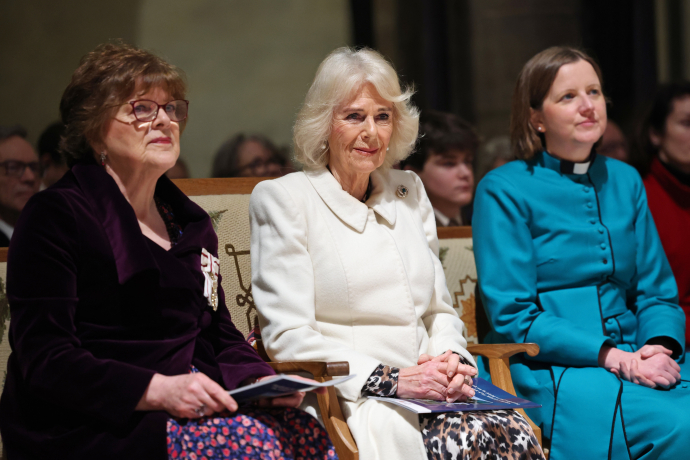

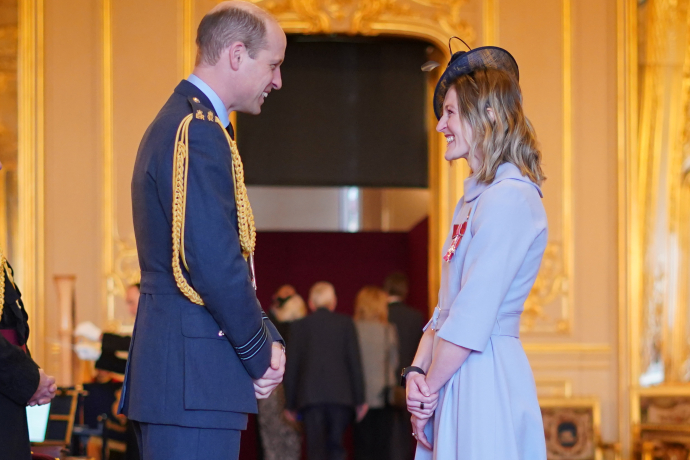
The Prince of Wales visits Manchester, launching latest Community Impact Project
16 November 2023





